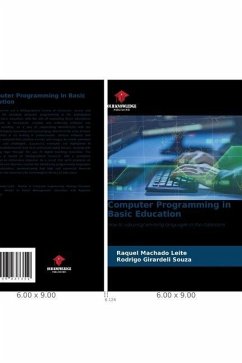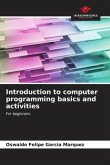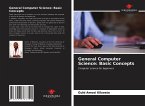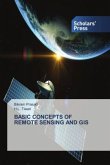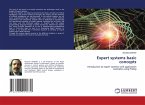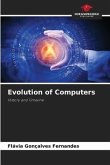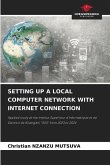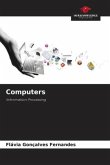This book carries out a bibliographical review of resources, means and possibilities for including computer programming in the pedagogical curricula of basic education, with the aim of motivating these educational establishments to incorporate creation and authoring software into educational activities, as a way of cooperating diametrically with the stimulation of logical reasoning and encouraging interest in the area of exact sciences, which is so lacking in professionals. Various software and websites are analyzed that combine sounds and images to create animated explanations and challenges. Successful examples are highlighted of educational establishments that have embraced digital literacy, working with programming logic through the use of digital teaching materials. The methodology is based on bibliographical research, with a qualitative approach and an exploratory objective. As a result, this work proposes an uncomplicated and objective system for introducing programming languages into basic education, demonstrating that high and expensive financial resources are not necessary for technological literacy to take place.
Bitte wählen Sie Ihr Anliegen aus.
Rechnungen
Retourenschein anfordern
Bestellstatus
Storno

